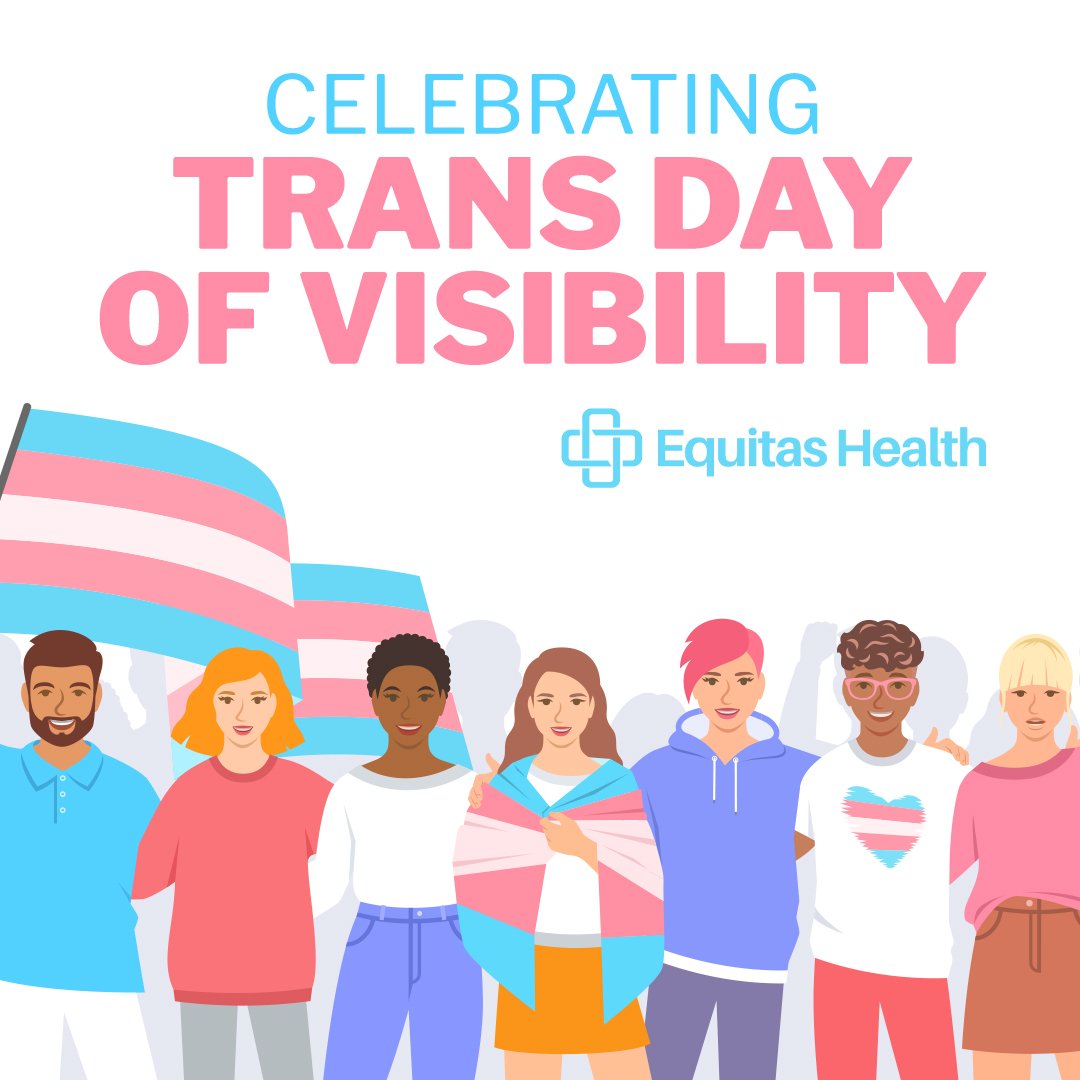Blog 1/12/24
By The Office of Diversity, Equity, & Inclusion
The Rev. Dr. Martin Luther King Jr. is an iconic figure in American history. His imprint on the civil rights movement and strides toward racial equality are undeniable. Yet, many have sanitized his legacy, denying his work’s radical and progressive nature.
Acknowledging King’s leadership in the civil rights movement is pivotal, but lifting up his radical activism is crucial. He saw a direct link between economic and racial inequality, advocating for an end to both. In his later years, he fervently opposed the Vietnam War. He believed its disproportionate impact on Black and poor Americans to be particularly unjust. He fought hard for a guaranteed basic income to bring people out of poverty.
These aspects of King’s legacy often get lost in popular tributes. King is seen simply as an unthreatening figure focused on desegregation, as if that wasn’t a radical act. Evading King’s radical activism erases the shared efforts of fellow activists in the movement for economic justice. It also misses the nuanced evolution of his beliefs. Finally, the whitewashing of his legacy lets political adversaries use his name for their own cause. A case in point, politicians who oppose guaranteed basic income or universal healthcare policies will often use King’s name to seem more caring.
This distortion is not limited to the radical right. Liberals also bend King’s image to suit their needs, despite King’s actual views. King once said, “…the Negro’s great stumbling block in his stride toward freedom is not the White Citizen’s Councilor or the Ku Klux Klanner, but the white moderate, who is more devoted to ‘order’ than to justice…” (King, 1963).
King’s insights still carry weight in today’s chaotic socio-political landscape. His speeches highlight racial ignorance within promises of equality. “…It is an aspect of their sense of superiority…” he stated, “…that the white people of America believe they have so little to learn…” (King, 1967).
King was once the most vilified figure in America. Some still use his legacy to silence those striving for change. They turn King’s call for nonviolent protest into respectability politics. They ask for “love and peace,” but what they want of Black and other oppressed people is silence in the face of oppression. King recognized this. He famously stated, “A riot is the language of the unheard.” He also recognized that “…if the violations of the white man…were calculated and compared with the law-breaking of a few days of riot, the hardened criminal would be the white man.”
King’s support for nonviolent resistance never meant shunning self-defense or keeping silent amid oppression, abuse, and a lack of equity.
King was not without his flaws. Some criticized him for not addressing issues of gender and sexuality and for erasing Black women from the civil rights movement. The whitewashing of King’s legacy obstructed the history of his peers in the movement. Black queer feminists point to the work of Black women and queer folx. We must remember Black queer feminists like Audre Lorde, Ella Baker, and Marsha P. Johnson, who were at the forefront of social justice movements. We should study the importance of other radical groups like the Student Nonviolent Coordinating Committee (SNCC), The Young Lords, and The Black Panther Party. Each one fought tirelessly for the rights and futures of communities who have been marginalized.
As we celebrate King’s life and legacy, it is vital to remember the events of his assassination and acknowledge his unfulfilled dream of a just and equitable society. Many forget that nonviolence does not mean dodging inconvenience during protest. Allow his impact to empower your Black liberation and anti-oppression work. Allow it to embolden you to take risks, to speak out loudly against bigotry, and to act against racism – including your own.
To learn more about our Office of Diversity, Equity, & Inclusion, visit equitashealth.com/odei.
About Audre Lorde | The Audre Lorde Project. (2019). The Audre Lorde Project. https://alp.org/about/audre
Cobb, C. (2016). The Story of SNCC – SNCC Digital Gateway. SNCC Digital Gateway. https://snccdigital.org/inside-sncc/the-story-of-sncc/
Ella Baker Center for Human Rights. (n.d.). Who Was Ella Baker? Ella Baker Center for Human Rights. https://ellabakercenter.org/who-was-ella-baker/
Helligar, J. (2020, September 14). This Is What Whitewashing Really Means—And Why It’s a Problem. Reader’s Digest. https://www.rd.com/article/what-whitewashing-means-and-why-its-a-problem/
King, Jr., M. L., King, C. S., & Harding, V. (1967). Where do we go from here: chaos or community? Boston Beacon Press.
King, M. L. (1963). Letter from Birmingham Jail. https://www.csuchico.edu/iege/_assets/documents/susi-letter-from-birmingham-jail.pdf
National Museum of African American History & Culture. (2019, July 23). The Black Panther Party: Challenging Police and Promoting Social Change | National Museum of African American History and Culture. Nmaahc.si.edu; Smithsonian. https://nmaahc.si.edu/explore/stories/black-panther-party-challenging-police-and-promoting-social-change
Reardon, S., Fahle, E., Jang, H., & Weathers, E. (2022, December 1). Why School Desegregation Still Matters (a Lot). ASCD. https://www.ascd.org/el/articles/why-school-desegregation-still-matters-a-lot
Sierra, N. (2022, December 15). Past is Present: The Young Lords Party Revisited. The Latinx Project at NYU. https://www.latinxproject.nyu.edu/intervenxions/past-is-present-the-young-lords-party-revisited
Yang, J., Mufson, C., & Sunkara, S. (2023, June 11). Marsha P. Johnson’s historic role in the LGBTQ+ rights movement. PBS NewsHour. https://www.pbs.org/newshour/show/marsha-p-johnsons-historic-role-in-the-lgbtq-rights-movement

Blog 11/21/24

Blog 11/7/24

Blog 10/16/24

Blog 7/29/24
Equitas Health, Ohio’s largest LGBTQ+ and HIV-serving healthcare organization, has announced new officers on the Board of Trustees. Susan McManus (she/her), vice president of business solutions marketing at Nationwide, will serve as Board chair for a one-year term through July 2025.

Blog 3/29/24
Equitas Health is pleased to announce that a collective bargaining agreement has been reached with Equitas Health Workers United Local #6609. Members of the bargaining unit voted this week, and the result was resounding support for ratification of the agreement.

Blog 3/25/24

Public Statement 12/10/24

Blog 11/21/24

Blog 11/7/24